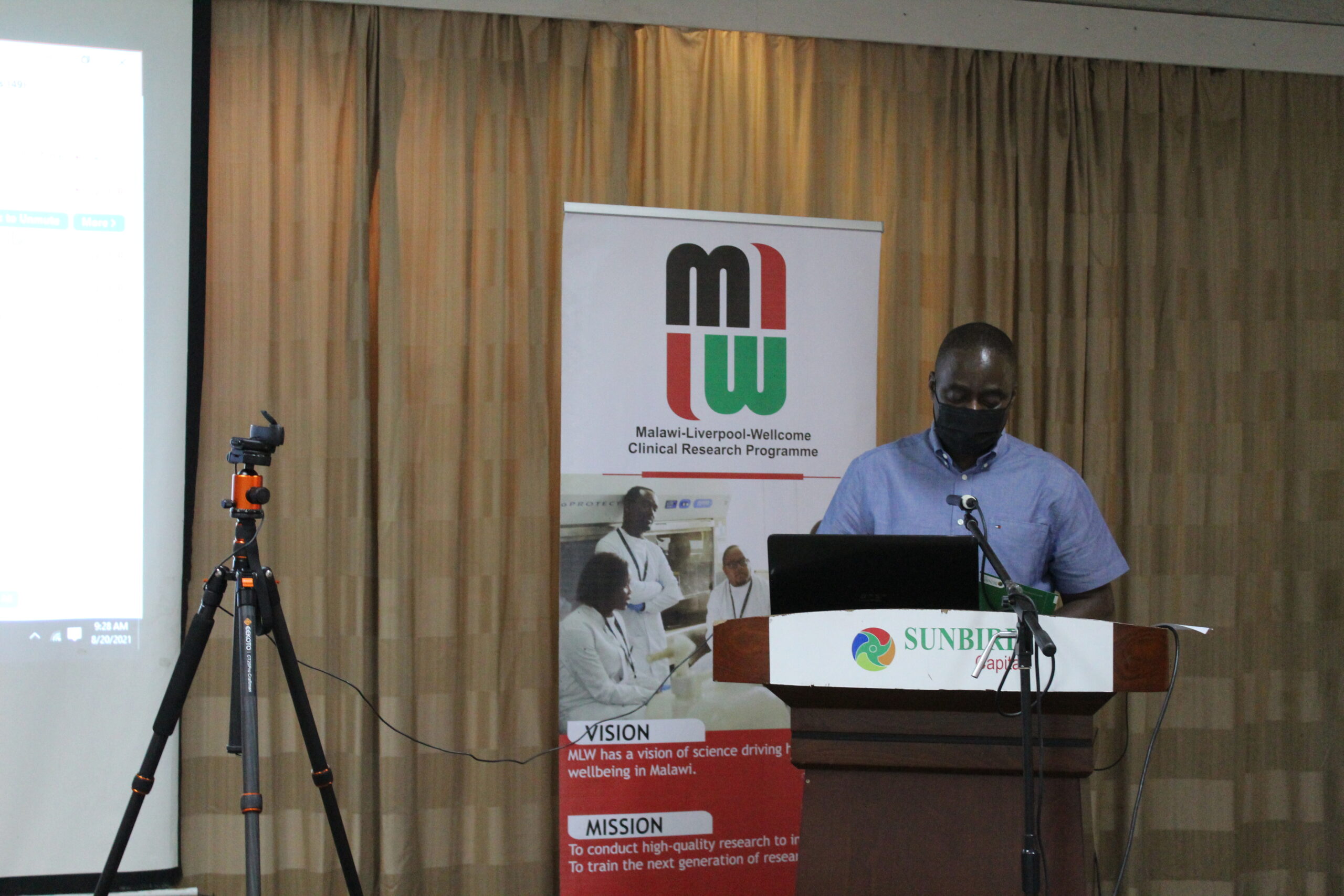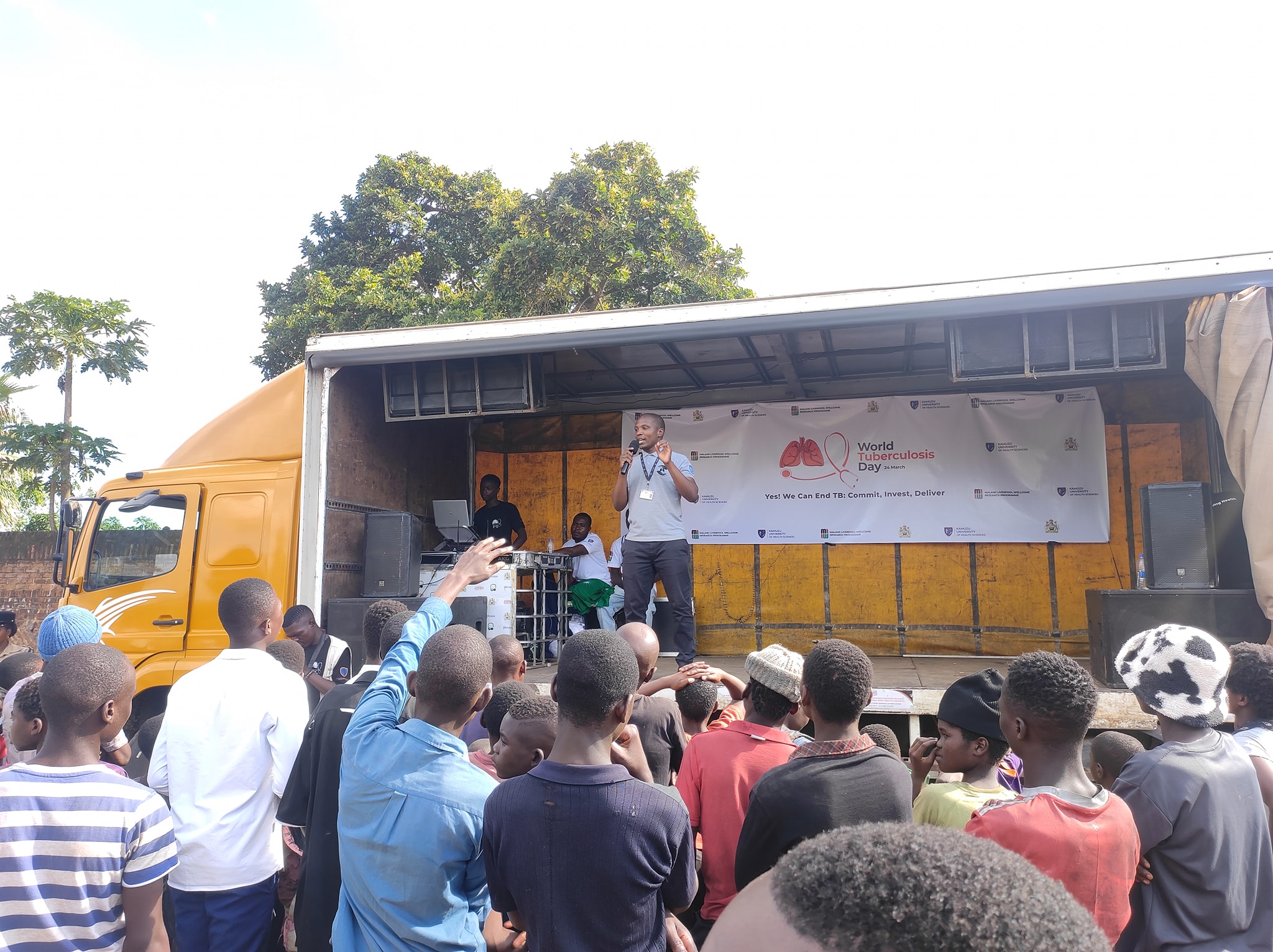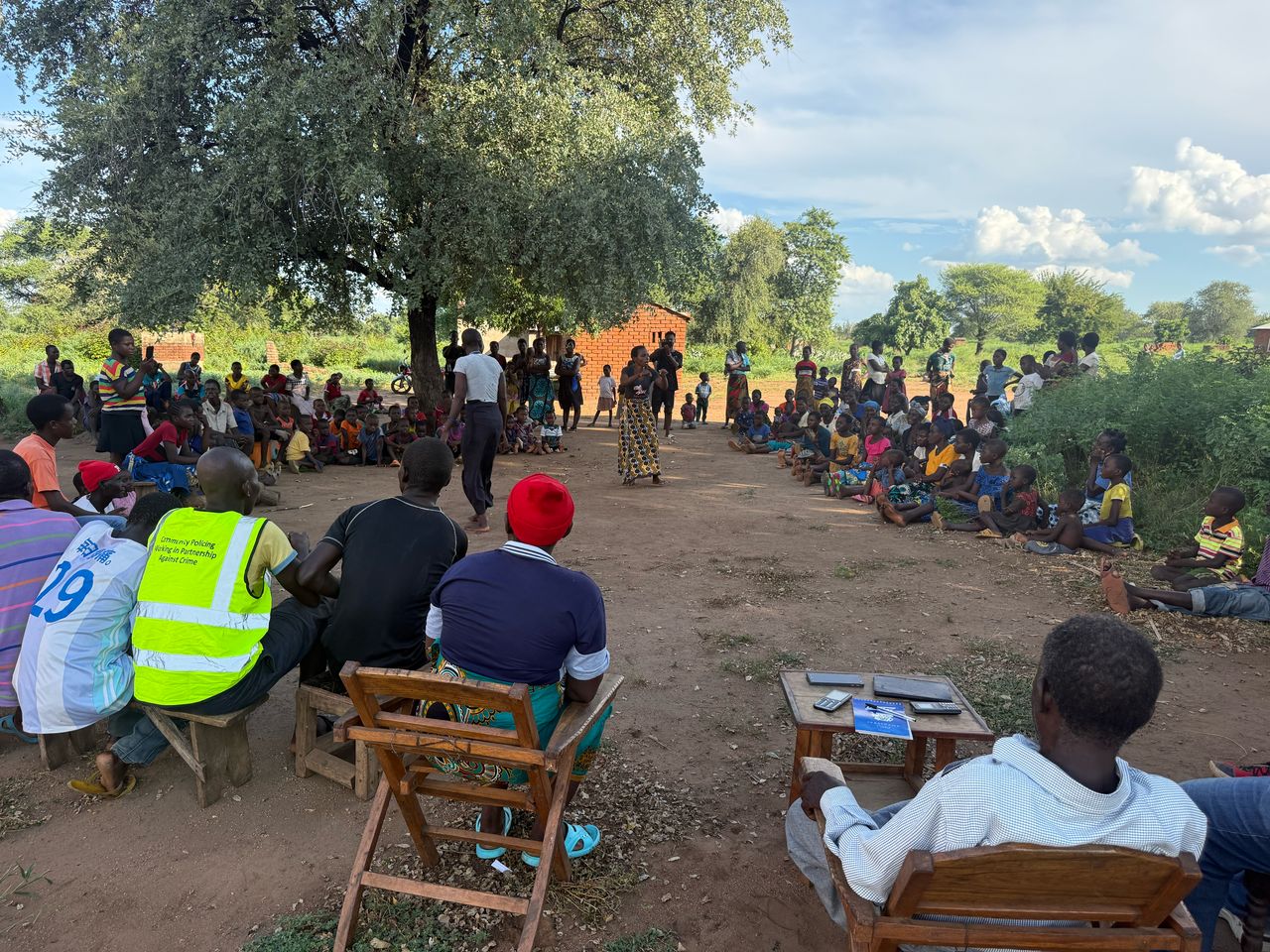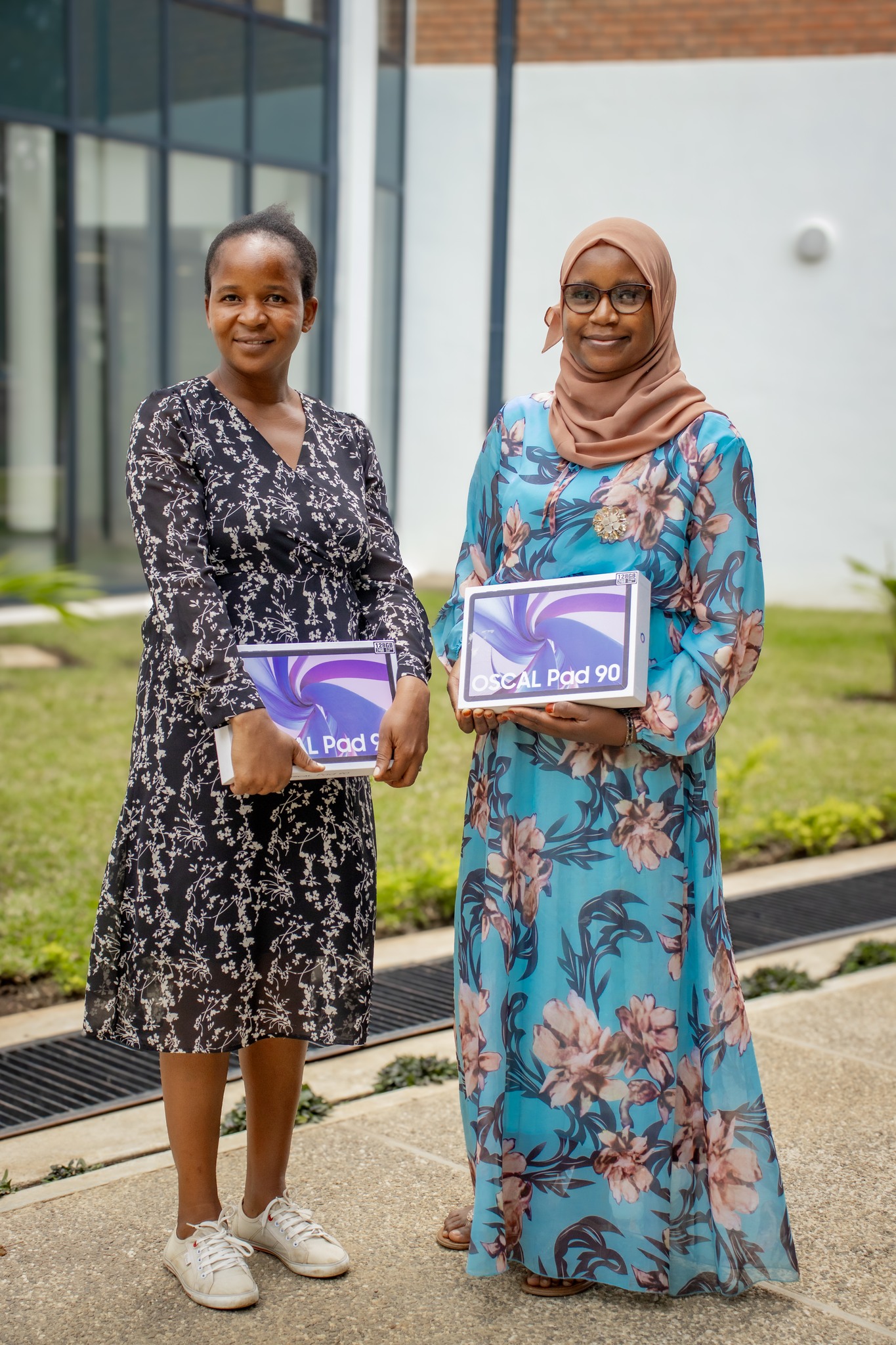Cryptococcal Meningitis (CM) is a major neglected illness and death in people infected with HIV or living with immune suppression conditions. Globally, there are roughly 230,000 cases of cryptococcal meningitis and 180,000 cryptococcal meningitis-related deaths each year, the majority of which occur in sub-Saharan Africa. Current treatment of cryptococcal meningitis has some major drawbacks a notable one being that 55% of people still die despite receiving treatment.
For four years, researchers in five countries (Malawi, Uganda, South Africa, Zimbabwe, and Botswana) conducted trials to address this unacceptable situation. Malawi Liverpool Wellcome Program and UNC project are two of the research institutions to conduct clinical trials for improved treatments in Malawi.
The researchers found that a single, high-dose of liposomal amphotericin B was as good and “non-inferior” to the current WHO recommended standard of care for HIV-associated cryptococcal meningitis and much easier to give, requiring just one intravenous infusion compared to 7 days with standard therapy. In Malawi, the results of this trial have been shared with the Ministry of Health (MOH) through the knowledge management platform, the Directorate of HIV and the Department of Research.

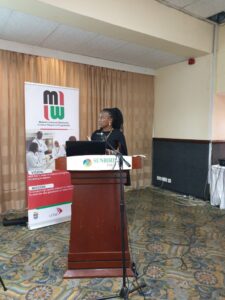
Speaking during the dissemination of the trial results, Dr. Rose Nyirenda the Director in the Directorate of HIV under the MOH said that the results had come at the right time. “We are in the standard process of reviewing our HIV treatment guidelines and with these results we will be changing our treatment regimen guided by the findings”, she said and further explained that the ministry had already adopted the use of drugs following earlier results of the study and would now just been adopting a new regimen.

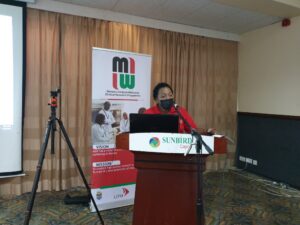
Speaking on behalf of MLW and UNC at dissemination event, CO PI on the study and acting Director of MLW, Professor Henry Mwandumba described the results of the study as impactful and with the potential to improve the health of many.
“The aim of the trial was to simplify treatment and indeed the results have shown that it is possible”, professor Mwandumba said.
Reacting to presentation of the results, the Malawi Health Equity Network recommended a dialogue between the research institutions, the Directorate of HIV and Pharmacy and Medicines board to ensure that liposomal amphotericin B should be adequately available.
Dr. Rose Nyirenda informed that the drugs are already being procured through the Global Fund while Prof. Mwandumba said that a cost effectiveness study of implementing the treatment regimen is currently underway.
The study entitled AMBIsome Therapy Induction OptimisatioN (AMBITION-cm) was conducted at the Queen Elizabeth Central Hospital and the Kamuzu Central Hospital respectively.
The AMBITION-cm study trial paper was published in The New England Journal of Medicine
https://www.nejm.org/doi/full/10.1056/NEJMoa2111904
